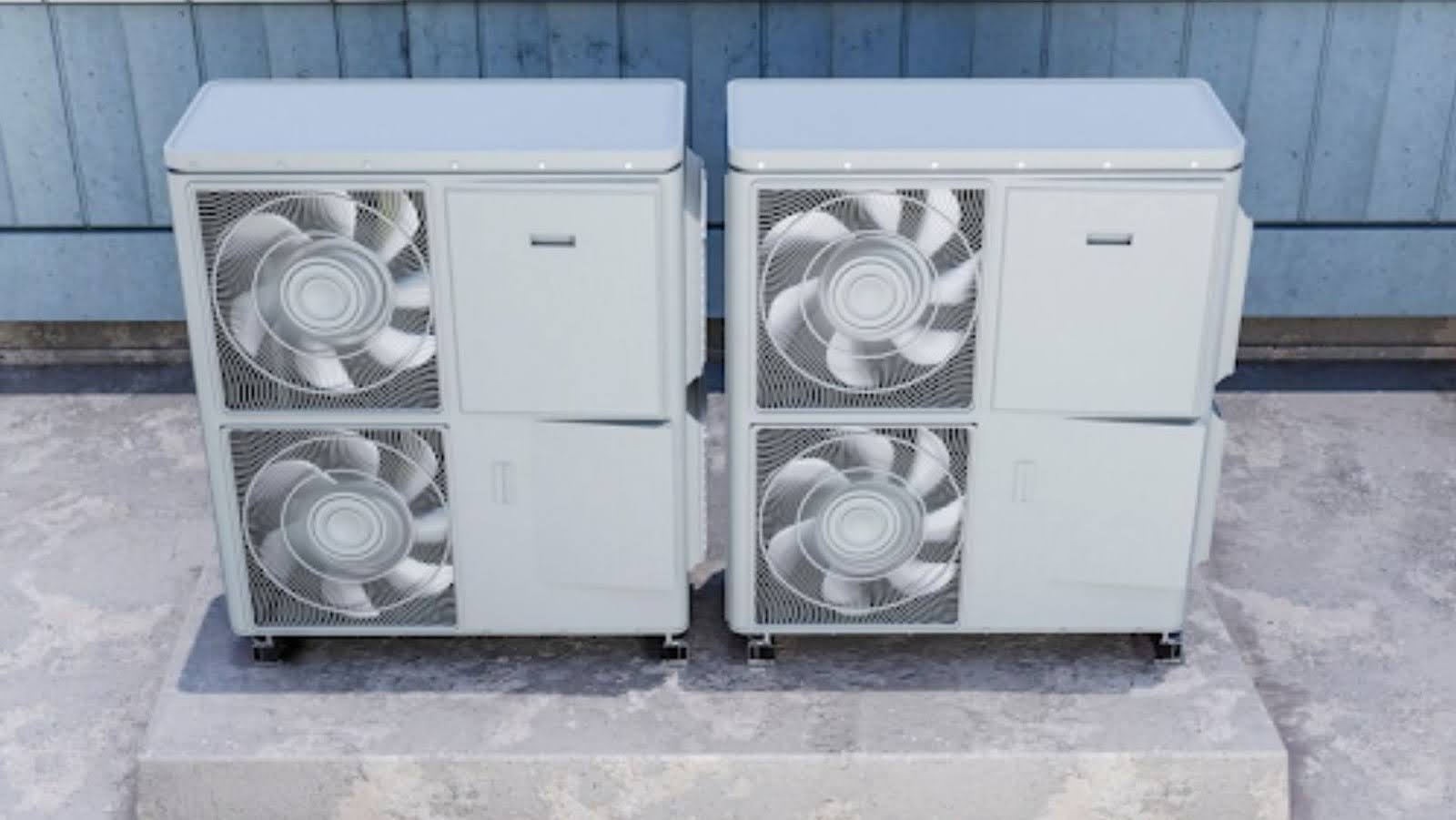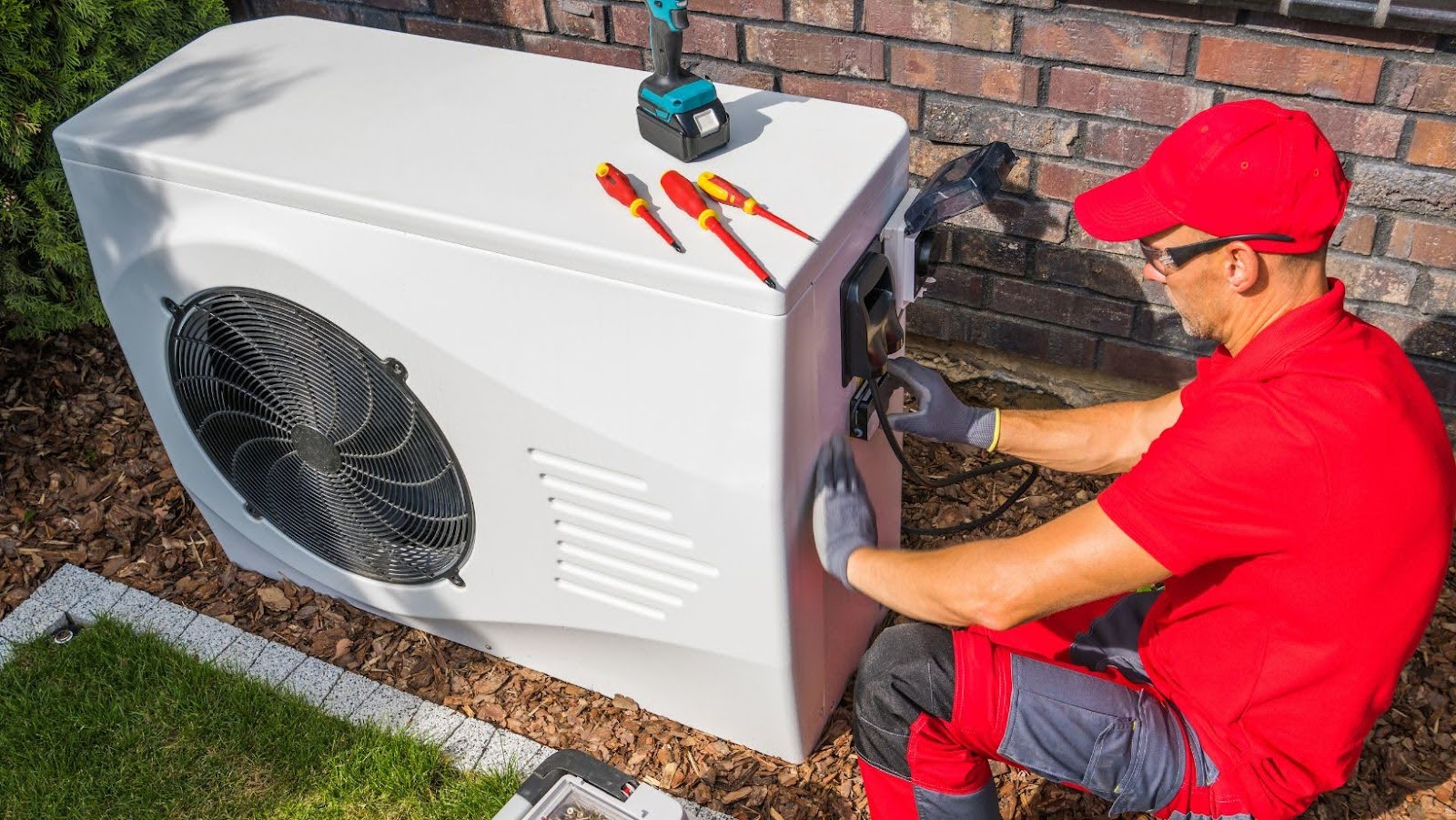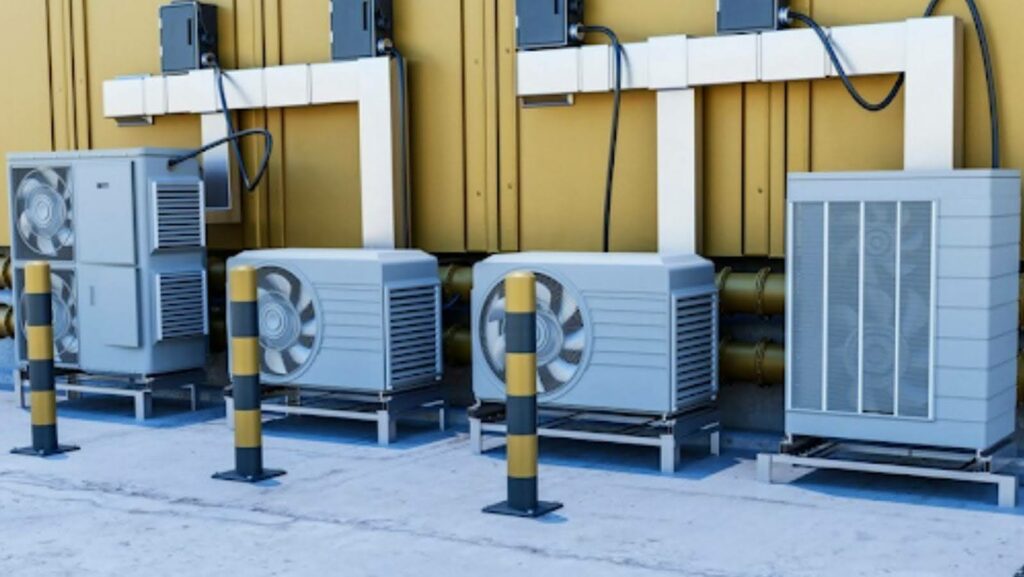Choosing the right heating and cooling solution for your home or business is critical to ensuring comfort and energy efficiency year-round. With a wide range of options available, finding the perfect system can feel overwhelming, especially when you’re unfamiliar with HVAC systems. However, by understanding your specific needs and exploring the best options on the market, you can make an informed decision that fits your budget and lifestyle.
In this article, we’ll explore practical tips to help you find the right heating and cooling solution for your space, whether you’re looking to replace an old system or install a new one.
Assess Your Heating and Cooling Needs
Before investing in a new system, it’s essential to evaluate your space’s heating and cooling needs. Several factors can influence this decision, such as the size of your home or building, insulation quality, and local climate conditions. For instance, homes in colder climates may require more powerful heating systems, while buildings in warmer areas may prioritize cooling solutions.
Consider factors such as the square footage of the space, ceiling height, and the number of windows, as these all play a role in determining the best HVAC system. Energy efficiency should also be a top priority. Choosing the right-sized unit not only ensures comfort but also saves on energy costs by preventing the system from working too hard or too little to maintain the desired temperature.
Understand the Different Types of Systems
There are various heating and cooling systems available, each offering unique benefits based on your needs. Understanding the different types can help you choose the one that fits your space.
- Central Heating and Cooling Systems: These are the most common systems, distributing air through ductwork to maintain consistent temperatures throughout the home. These systems are ideal for larger homes and businesses, but they require space for duct installation.
- Ductless Mini-Split Systems: For homes or businesses without ductwork, ductless systems are a popular alternative. They provide targeted heating and cooling to specific rooms or zones, making them energy-efficient and customizable.
- Heat Pumps: A versatile option, heat pumps provide both heating and cooling by transferring heat rather than generating it. They work well in moderate climates and offer energy savings by utilizing outdoor air.
- Portable or Window Units: These units are more affordable and work well for smaller spaces or as temporary solutions. However, they are generally less energy-efficient compared to permanent installations.
Understanding the pros and cons of each system allows you to align your choice with your specific needs, budget, and long-term goals.
Factor in Maintenance and Longevity
While the initial cost of an HVAC system is important, long-term maintenance and durability are just as crucial. A well-maintained system can last many years, providing consistent comfort while minimizing repair costs. It’s worth investing in a system known for reliability and backed by a solid warranty.

Regular maintenance, such as changing filters, cleaning vents, and scheduling annual inspections, can extend the life of your system. Some systems are easier to maintain than others, so it’s essential to consider how much time and effort you’re willing to commit to upkeep. In some cases, renting equipment from Total Construction Rentals or other reputable sources for temporary needs can be a practical alternative to purchasing, especially if your needs are seasonal or project-based. Industries that need consistent climate control can also rent heating and cooling equipment to augment or temporarily take over the functions of their own equipment.
Consider Energy Efficiency
Energy efficiency is a critical factor when choosing a heating and cooling solution. The right system should not only keep your space comfortable but also reduce energy consumption, lowering your utility bills. When comparing systems, look for the Seasonal Energy Efficiency Ratio (SEER) rating for cooling systems or the Annual Fuel Utilization Efficiency (AFUE) rating for heating systems. The higher the rating, the more efficient the unit.
Many modern systems come equipped with smart technology that allows you to control the temperature remotely, helping to optimize energy use throughout the day. For example, programmable thermostats can be set to adjust the temperature during off-hours or when you’re away from home, reducing unnecessary energy consumption.
Additionally, consider whether the system qualifies for energy rebates or incentives in your area, as these can help offset the initial installation costs.
Work with Professional Installers
Proper installation is key to ensuring that your heating and cooling system works efficiently and safely. Even the most advanced HVAC systems will underperform if not installed correctly. That’s why it’s crucial to work with experienced HVAC contractors who understand your specific requirements.

When choosing an installer, look for professionals with a good reputation and solid reviews. It’s also helpful to get multiple quotes to compare prices and services. An experienced contractor can recommend the best system for your space, ensure correct installation, and provide ongoing support through maintenance and repairs.
Working with experts not only guarantees that your system runs optimally from day one but also helps avoid common installation mistakes that can lead to costly repairs or inefficient performance down the road.
Budget for Your Heating and Cooling Solution
Finding the right heating and cooling solution involves balancing comfort with cost. HVAC systems can be a significant investment, but choosing the wrong system could lead to higher energy bills, more frequent repairs, or even the need for a full replacement.
When budgeting, consider both the upfront costs of the system and the long-term savings you can achieve with energy-efficient models. Don’t forget to factor in installation fees, maintenance expenses, and potential repairs over time. Renting or leasing systems, particularly for short-term needs, can also be a cost-effective option if buying a system isn’t feasible.
Finding the right heating and cooling solution requires careful planning and consideration of your space, energy efficiency, and long-term goals. By assessing your specific needs, exploring different systems, and working with professionals, you can ensure that your HVAC system delivers the comfort and efficiency you need without breaking your budget. Whether you’re installing a new system or upgrading an old one, the right choice will provide comfort and peace of mind for years to come.

